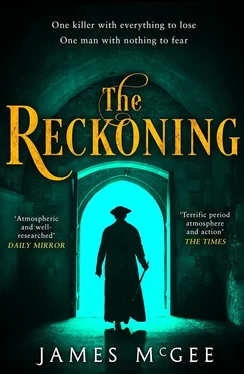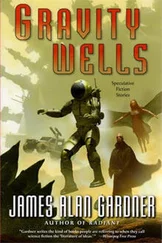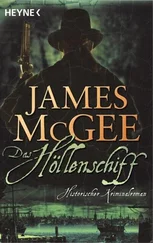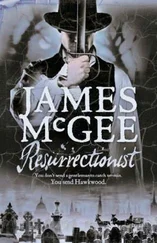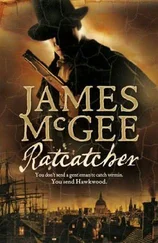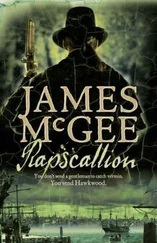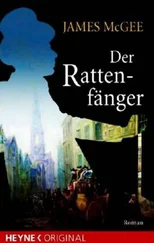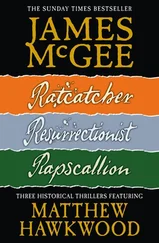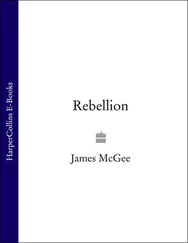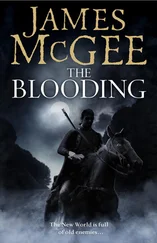“But it ain’t?”
“Not by a long shot.”
“Which’d also be funny by itself, right?”
“Not this time,” Hawkwood said. “This one’s different.”
It occurred to Hawkwood, as he stared down at the body, that the last grave he’d looked into had been his own.
That had been in a forest clearing on the far side of the world. There had been snow on the ground and frost on the trees and the chilled night air had been made rank by the sour smell of a latrine ditch because that was what lye smelled like when used to render down bodies. The bodies in question should have been his and that of Major Douglas Lawrence, courtesy of an American execution detail. In the end, it had been Hawkwood and Lawrence who’d stumbled away, leaving four dead Yankee troopers in their wake and an American army in hot pursuit. It was strange how things worked out and how a vivid memory could be triggered by the sight of a corpse in a pit.
This particular pit occupied the south-west corner of St George the Martyr’s burying ground. Situated in the parish of St Pancras, the burying ground was unusual in that it was nowhere near the church to which it was dedicated. That lay a third of a mile away to the south, on the other side of Queen Square; not a huge distance but markedly inconvenient when it came to conducting funeral and burial services.
Also unique was the fact that, along its northern aspect, the graveyard shared a dividing wall with a neighbouring cemetery, that of St George’s Church, Bloomsbury, which made Hawkwood wonder, in a moment of inappropriate whimsy, if any funeral processions had inadvertently found themselves on the wrong side of the wall. There were no convenient gates linking the two burial grounds, meaning that any funeral party which turned left instead of right would have to reverse all the way back to the entrances on Grays Inn Lane and start all over again.
The burying ground’s southern perimeter was also determined by a wall, though of a greater height than the dividing one for it had been built to separate the cemetery from the grounds of the Foundling Hospital, a vast, grey building which dwarfed its surroundings like a man-o’-war towering above a fleet of rowboats. The rear of the chapel roof was just visible above the ivy-covered parapet, as were the chimneys and upper storeys of the hospital’s forbidding west wing.
The grave had been dug close to the wall, in the lee of a pointed stone obelisk, one of many memorials that had been erected among the trees. An inscription, weathered by rain and frost, was barely legible, save for the surname of the deceased – Falconer – but even those letters had begun to fade, a state which mirrored the burying ground’s general air of decay.
The overcast sky did little to enhance the wintry setting. It had been raining hard all morning and while the rain had eased to a thin, misty drizzle, leaving the grass and what remained of the winter foliage to shine and glisten; the same could not be said for the pathways and the rectangular patches of earth which showed where fresh plots had been excavated and the soil recently filled in. They had all turned to cloying mud, though, if it hadn’t been for the rain, it was doubtful the body would have been discovered.
The grave was the intended resting place of one Isaiah Ballard, a local drayman who’d had the misfortune to have been trampled to death by one of his own mules. The funeral service had been scheduled for late morning, after which the body was to be transported in dignified procession from church to burial plot, making use, somewhat ironically, of his soon-to-be equally redundant wagon.
It was a sexton’s responsibility to supervise the maintenance of the burying ground, including the digging of the graves; this particular one having been prepared the previous afternoon. The sexton, whose small stone cottage was tucked into the corner of the graveyard, had risen earlier and, in the company of two gravediggers, been making his final inspection to ensure that the interment ran smoothly.
The three men had arrived at the site to find that the mound of excavated soil by the side of the pit had been transformed into a heavy sludge. The deluge had also eaten away the edge of the grave and formed runnels in the sod down which small rivulets of rainwater were still dribbling like miniature cataracts.
On the point of directing the gravediggers to shore up the sides of the hole, the sexton’s eyes had been drawn to the bottom of the pit and a disturbance in the soil caused by the run-off. It had taken several seconds for him to realize what he was looking at. When the truth dawned, he’d raised the alarm.
When Hawkwood arrived, his first thought had been to wonder why the sexton had gone to all the bother. This was not because he viewed the examination of an unexpected dead body in a graveyard as an inconvenience, but because London’s burying grounds were notoriously overcrowded and, in the normal course of events, it wasn’t unheard of for the dead to be piled atop one another like stacks of kindling. Indeed, where the poor of the parish were concerned – to whom coffins were considered a luxury – the practice had become commonplace, which said a lot for the sexton’s integrity. It would have been easy for the gravediggers to have shovelled mud back over the body to hide it. No one would have been any the wiser.
Judging by the expression on the face of the constable standing alongside him, who’d been the first functionary called to the scene, Hawkwood wasn’t the only one harbouring reservations as to whether this was really the sort of incident that demanded the attention of a Principal Officer.
A constable’s duties rarely ventured beyond those carried out by the average nightwatchman, which in most cases involved patrolling a regular beat and discouraging the activities of petty thieves and prostitutes. So it wasn’t hard to imagine what was going through this particular constable’s mind. Uppermost, Hawkwood suspected, was likely to be the question: Why me? Followed closely by the thought: Oh, God, please not again .
The constable’s name was Hopkins. A year ago, the young recruit’s probationary period had come to an abrupt end on the night he’d accompanied Hawkwood and Nathaniel Jago in their pursuit of a crew of body-snatchers who’d turned to murder in order to top up their earnings. The chase had ended in a ferocious close-quarter gunfight. Throughout the confrontation the constable had proved brave and capable. He’d also displayed a commendable ability to look the other way when it came to interpreting how best to dispense summary justice to a gang of cold-blooded killers.
He’d filled out his uniform since Hawkwood had last seen him, though the shock of red hair was still there, poking defiantly from beneath the brim of the black felt hat, as was the pair of jug ears which would have put the handles of a milk churn to shame.
When Hawkwood arrived on the scene, the constable’s face had brightened in recognition. It was a light soon extinguished, however, for while he could be considered as still being relatively damp behind the ears, Hopkins was wise enough to know that in this situation, to smile at being greeted by name by a senior officer without the need for prompting would have been viewed as singularly inappropriate.
Squatting at the side of the trench, Hawkwood stared bleakly into its sodden depths. One good thing about the rain: it did help to dampen the smells; or at least some of them. Hawkwood didn’t know the burial practices followed in St George the Martyr’s parish. If it was like most others within the city, there would be a section reserved for poor holes: pits which were deep enough to hold up to seven tiers of burial sacks. Left open until they were filled to the brim, they allowed the stench of putrefaction to permeate the surrounding air. Nearby buildings were not immune and it wasn’t unknown for churches to be abandoned due to the smells rising from the decaying corpses stored in the crypts below them and for clergy to conduct funeral services from a comfortable distance. Hawkwood wondered if that was the reason for the burying ground’s estranged location. At the moment, the odours rising to meet him were of mud, loam, leaf mould and, curiously, fermenting apples. It could have been a lot worse.
Читать дальше
